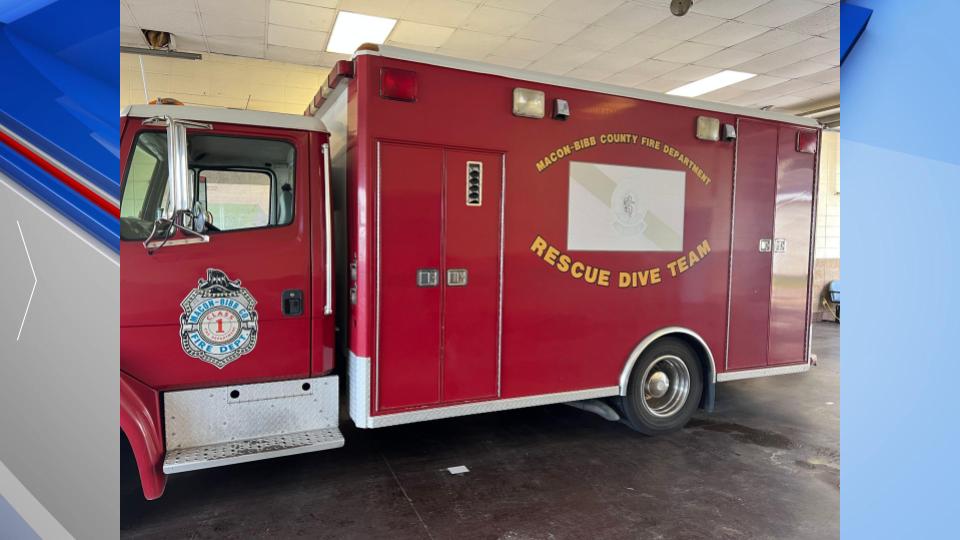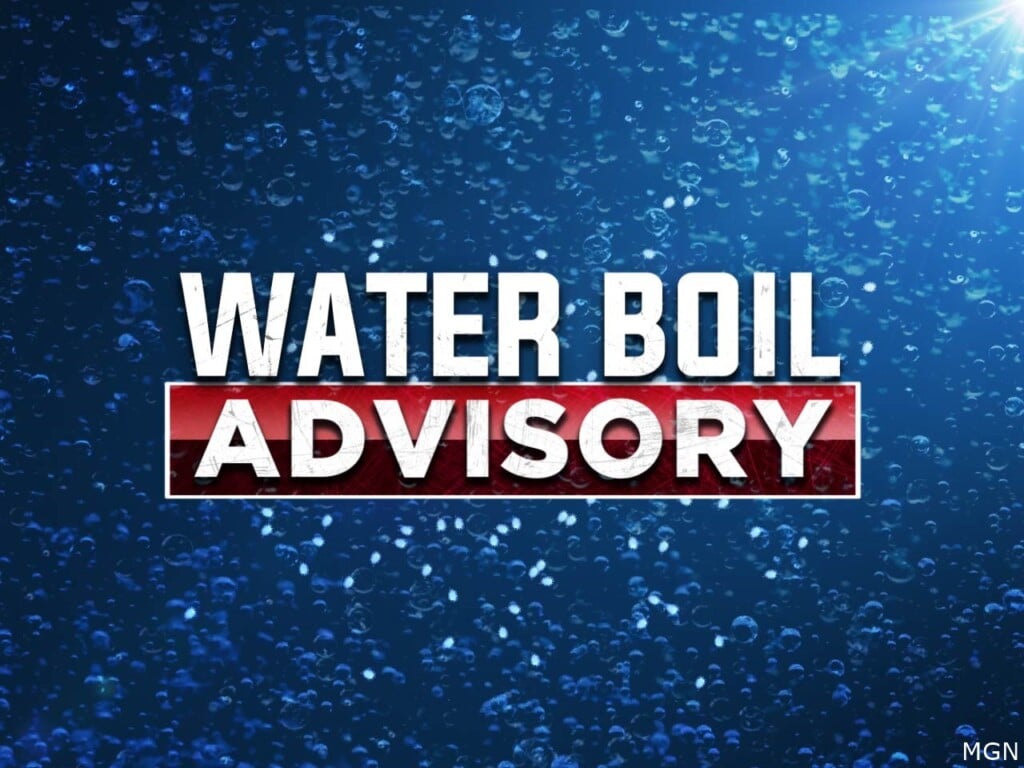Macon-Bibb Rescue Team highlights importance of water safety amid Titan submersible search
Hazardous conditions like rushing currents and low visibility can make local bodies of water just as dangerous as the deep sea.

MACON, Georgia (41NBC/WMGT) – The search for the missing Titan Submersible is raising concerns about water safety.
The United States Coast Guard is searching for the Titan submersible at a depth of approximately 13,000 feet. In Middle Georgia, most bodies of water only reach a maximum depth of about 60 feet.
Special Operations Officer with the Macon-Bibb Fire Department Garin Flanders says the scale of the Titan rescue mission is a huge difference from what the Rescue Dive Team deals with locally.
“They were probably at the 12,000 foot mark, which is about 6,000 PSI of pressure, which is about 400 atmospheric pressures, which is 400 times what we’re feeling here pressing on the capsule that they’re in,” Flanders said.
Flanders explained that water pressure increases by half of one PSI, or pound per square inch, with every foot of water a vessel descends. He says the Rescue Dive Team team deals with 15 to 30 PSI at the most.
Despite the different conditions, Flanders says no body of water is completely safe.
One of the biggest challenges the Rescue Dive Team faces is low visibility. Divers are typically only able to see three to five feet in front of them, which is why the team has fail safes in the event of an emergency.
“We have a lot of comms (communications) systems so our divers can talk back and forth to our boat operations,” he said. “We have tag lines attached to them so we can communicate pretty much like Morse code with them, so there’s a lot that goes into it. I don’t want to say we’re safe, but it’s as safe as we can make it.”
Divers with the Fire Department train for emergencies every year, starting with basic swim safety and ending with mock recovery operations in local lakes and rivers.
Flanders says anyone participating in recreational water activity should take hazardous conditions into consideration and always practice safety precautions.
“Our local bodies of water, I urge people to put on life jackets, be safe, be with groups of people–especially the river,” he said. “Don’t get out and think you can just navigate the river willy-nilly, but just be safe.”
Flanders says pay attention to water depth, rushing currents and debris like netting or branches if you plan on getting in the water. He urges swimmers to stay in groups and not drink alcohol before getting in any body of water.



